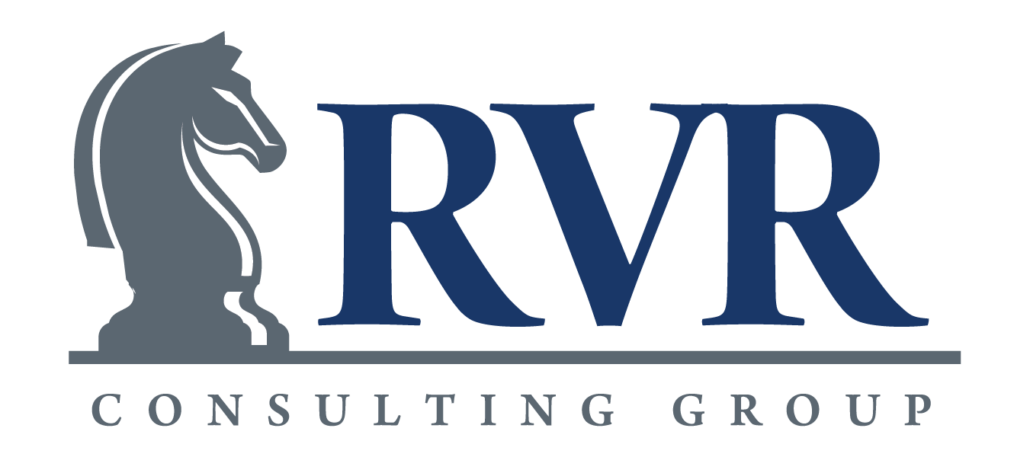Business Growth through Asset Based Lending
Did you ever need cash to support growth, but are unable to convince a bank to offer your business traditional financing? It may be time to consider alternative financing ideas including asset-based loans (ABLs). ABLs are offered by large banks, small banks, and specialty finance entities.
What is an ABL?
Asset-based loans are those secured by an asset. Preferred assets are accounts receivable and inventory. The idea is that these assets, or a combination of various assets, offer the collateral value that the lender needs to feel secure in offering the loan. Depending on the company’s industry, history, and other influencing factors, the lender will determine the level of risk of the loan.
Why use an ABL?
Asset-based loans have rapidly grown in popularity. Asset-based lending qualification is determined more by collateral quality than by credit history, which means a company with little credit can still receive this type of financing based solely on their assets. Companies with exceptionally valuable inventory or accounts receivable may find asset-based loan terms more suitable for their needs.
Closing time on an asset-based loan can also be quicker than traditional financing. It must be noted that some lenders will require an appraisal before closing on an asset-based loan. Pricing on ABL facilities can also vary widely depending on the liquidity of the asset and perceived quality in the event of a liquidation of the borrower. ABL lenders require a first lien position on these assets in almost all cases.
Basic Steps to Receiving an Asset-Based Loan:
- Determine why your company needs the loan and what the uses are for the new funds.
- Will this cash inflow allow the company to be more successful?
- Will the terms of the loan hinder the business?
- Can the company benefit more from the cost of borrowing than otherwise able?
- Ensure the company’s financial statements are up-to-date.
- Review reporting systems and ensure company internal controls are adequate and functioning.
- The lender will want to begin due diligence on your company. Be prepared in advance of discussions.
- Negotiate the loan agreement. Be aware of standard requirements and market conditions.
- Review all documents with an attorney who is skilled in banking transactions.
- Be prepared to sign a personal guarantee and to show a personal financial statement, if required.
- Begin using the proceeds to grow your business immediately upon funding.
Considerations
- ABL is generally more expensive than traditional financing
- Before undertaking any loan, you need to have a true understanding of the cash flow of your business
- Once this is confirmed, you will need to be able to model the cash flow and cost effectively
- You will need to develop a plan to build working capital and become “bankable”


